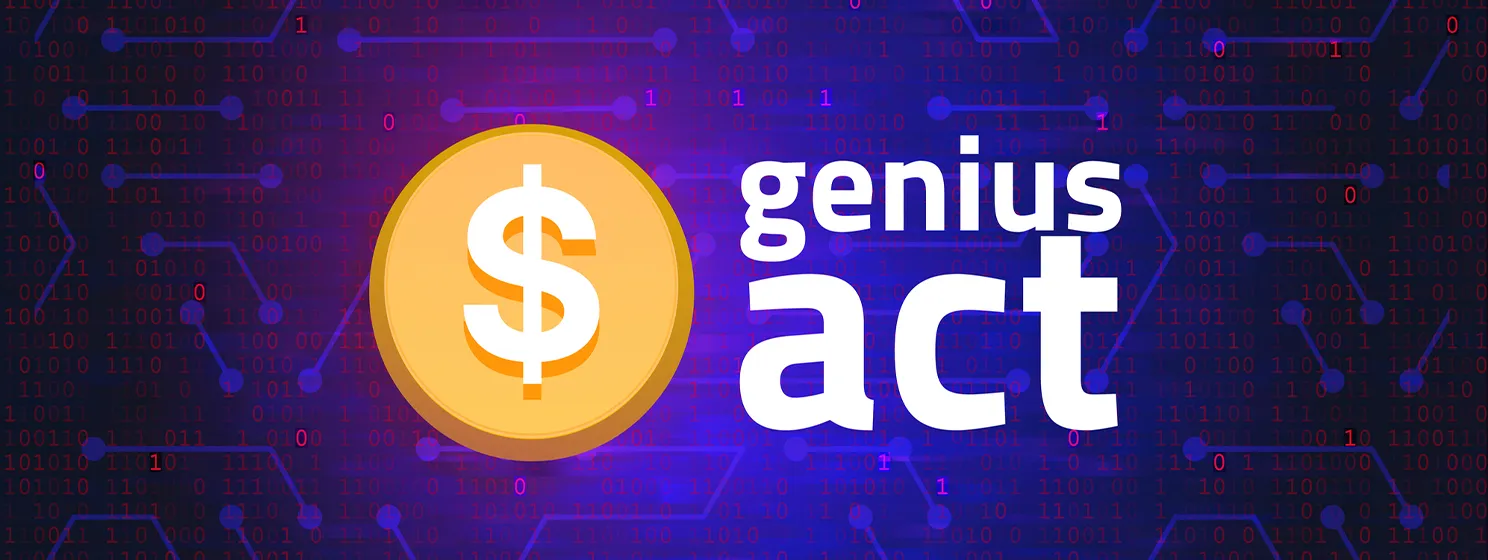|
Getting your Trinity Audio player ready...
|
With the country teetering on the brink of economic collapse, Venezuela had to come up with something to diversify its potential. The country has been in the news in the past months due to huge rallies against the incumbent government (which sometimes turned very violent) and other harrowing stories showing young children close to starvation.
Things might appear to be turning slightly rosier in the not too distant future since Venezuela came up with its own cryptocurrency based on NEM technology, called petro.
The private pre-sale of Venezuela’s oil-backed cryptocurrency was scheduled for February 20 at 8:30 am (Venezuela time 04:00 UTC), according to petro’s white paper. However, at midnight local time on February 20, the government announced that the petro pre-sale had started and published a buyer’s manual as well as an anti-money laundering (AML) compliance manual.
A total of 82.4 million petro tokens are offered for the pre-sale phase, the white paper details. Venezuela VP Tareck El Aissami confirmed the reports, saying, “The petro cryptocurrency tokens can be purchased by Venezuelan nationals as well as other foreign nationals.”
More than $750 million was raised in the first few hours of the pre-sale, according to reports.
“The only thing needed for the petro is to open a digital petro wallet,” according to the petro’s website. “Once opened, your wallet will generate an email address that you can share with anyone who wants to transfer PTR to your wallet. You will be able to receive and deposit your PTRs in this email address.”
The buyer’s manual details a step-by-step process of how to register and gain access to a petro wallet, which requires prospective buyers to download a zipped, self-deleting installation file. “The data package for the creation of the digital wallet is configured to self-destruct once the installation is complete,” the instructions warn—an intriguing security option if ever there was one.
Alongside the steps to register and install the petro wallet, the manual goes over protecting users’ private keys but stopped short of asking users to generate a public key, which would be needed for any kind of cryptocurrency deposit. More curiously, however, was the vague announcement regarding the use of the NEM blockchain.
The blockchain, launched by the Venezuelan state, has robust security mechanisms since its programming elements are related to a technological platform called NEM blockchain. However, there are potential pitfalls in the usage of this currency as was seen recently.
The cryptocurrency NEM, which uses centralized servers running closed-source code, has recently been in the news following the hack of one of the largest Japanese crypto exchanges, Coincheck, which lost JPY58 billion yen (~USD$539 million) worth of the cryptocurrency in late January.

 07-22-2025
07-22-2025 





